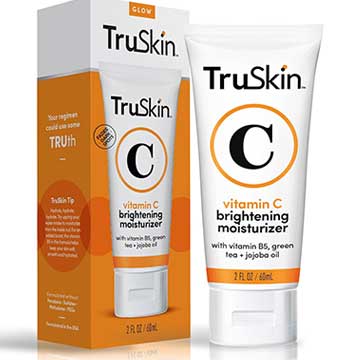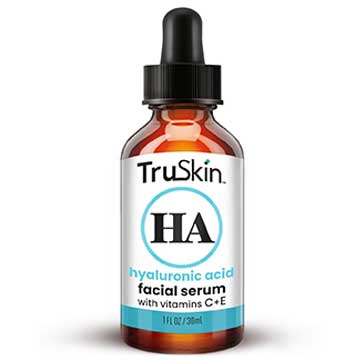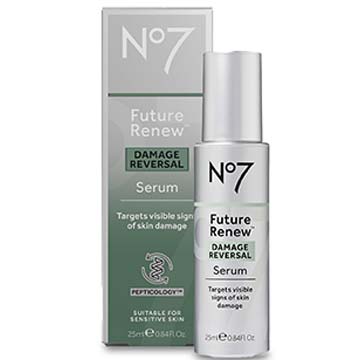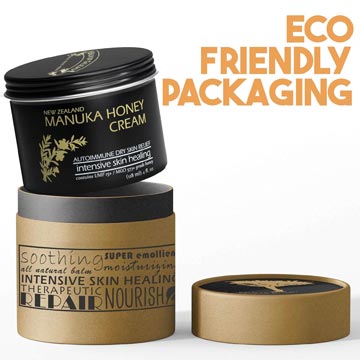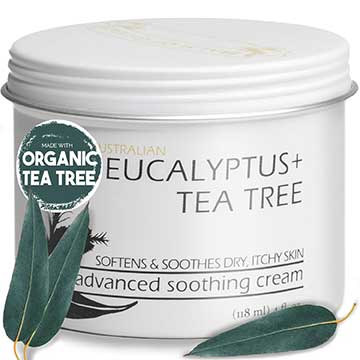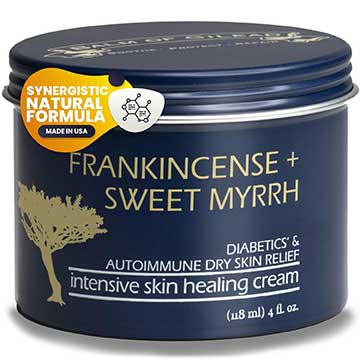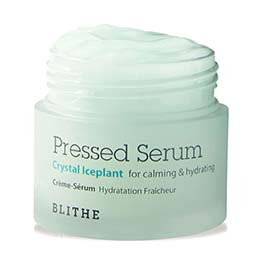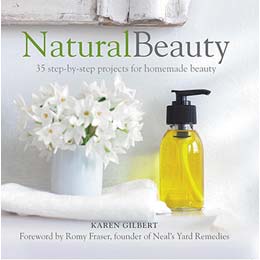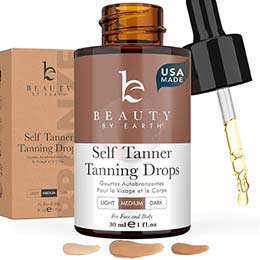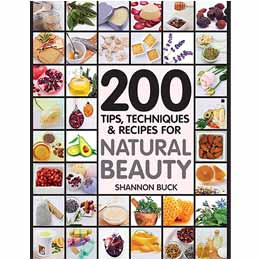Do Tanning Pills Help You Tan - Fact or Hype?
If you’ve seen advertisements or products like supplements that promise a golden glow or a better tan, you might’ve noticed ingredients like L-tyrosine, lycopene, astaxanthin, or vitamin A listed on the label. But do tanning pills work and really help you get tan - or is that just hype?
Let’s take a closer look at what’s fact, what’s fiction, and what these nutrients are actually good for. I’m focusing on these specific ingredients because they’re included in a supplement I was asked to review.
The Tanning Supplement Myth
Some tanning supplements claim that ingredients like the ones listed above can enhance melanin production or give your skin a sun-kissed glow.
Here's what I know to be true:
- L-Tyrosine is involved in the production of melanin (the pigment that darkens skin), but taking more of it doesn’t guarantee you’ll tan faster or darker unless your body already needs it.
- Lycopene is a red pigment (found in tomatoes and watermelon) that may give the skin a subtle warm glow over time - but it doesn't actually make you tan.
- Astaxanthin and vitamin A are often included for their skin supporting benefits, but neither directly causes tanning either.
Bottom line: These ingredients may help support healthy skin, but they won’t give you a tan on their own. A safe tan still comes from sun exposure (with sunscreen!) or self-tanners.
What Does the FDA Say About Tanning Pills?
The U.S. Food and Drug Administration (FDA) has not approved any tanning pills for safety or effectiveness. According to the FDA, the ingredients used in tanning supplements - including canthaxanthin, lycopene, and L-tyrosine - are not proven to be safe for this purpose, and their claimed benefits are not well-established. Some ingredients may even cause side effects, especially in high doses.
Always read labels, research ingredients, and talk to a healthcare provider before using any supplement marketed for tanning.
What These Nutrients Are Good For
Let’s take a look at each one of the ingredients in the tanning pills I've mentioned and what they’re actually good for:
L-Tyrosine
L-Tyrosine is an amino acid used to make dopamine, norepinephrine, and epinephrine - key brain chemicals.
Benefits
- Supports focus and alertness under stress
- May help improve mental performance during sleep deprivation
- Assists in mood and motivation by boosting dopamine
Best taken on an empty stomach. Not for those with hyperthyroidism or those taking MAOIs (a type of antidepressant).
Lycopene
Lycopene is an antioxidant found in red fruits like tomatoes.
Benefits
- Promotes heart health and helps reduce LDL cholesterol
- Supports prostate health
- Provides antioxidant protection for skin and may help with sunburn resistance
Best absorbed with fat (think tomatoes + olive oil!).
Astaxanthin
Astaxanthin is a reddish carotenoid pigment found in salmon, shrimp, and algae.
Benefits
- Protects skin from UV damage and may reduce wrinkles
- Supports eye health by fighting oxidative stress
- Helps with muscle endurance and post-workout recovery
- May support heart and brain health
This is fat-soluble, so take with meals for better absorption.
Vitamin A
Vitamin A is a fat-soluble vitamin that’s essential for many bodily functions (includes retinol and beta-carotene).
Benefits
- Critical for vision - especially night vision
- Supports a strong immune system
- Promotes healthy skin and cellular turnover
- Important for reproductive and organ health
Be careful not to overdo it. High doses (especially from supplements or liver) can be toxic, particularly during pregnancy.
Potential Side Effects
Below are the possible toxicity or side effects of the ingredients mentioned:
L-Tyrosine - Possible Side Effects
Too much L-tyrosine can overstimulate your nervous system.
- Headaches
- Nausea or upset stomach
- Anxiety or jitteriness
- Heart palpitations
- Increased blood pressure
Caution
- Not recommended if you have hyperthyroidism or Graves' disease.
- Should be avoided by people taking MAOIs or certain thyroid medications unless under medical supervision.
Lycopen - Possible Side Effects
Generally safe from food, but high dose supplements can cause problems over time.
- Gastrointestinal issues (like bloating, nausea, or diarrhea)
- Skin discoloration (a deep orange tint, similar to too much beta-carotene)
- Possible interference with certain chemotherapy drugs
- May lower blood pressure too much if combined with medications
It is recommended to stay under 30 mg/day unless directed otherwise by a healthcare provider.
Astaxanthin - Possible Side Effects
Can be well-tolerated at normal doses, but large amounts (over 12 mg/day long-term) may cause:
- Reddish or orange skin tone
- Lowered blood pressure
- Hormone effects (in high doses over time, it may influence testosterone/estrogen)
- Changes in stool color (harmless, but surprising)
Vitamin A - Possible Toxicity Side Effects
Vitamin A can be toxic at high doses, especially in retinol (preformed vitamin A) form.
- Dizziness or nausea
- Liver damage
- Blurry vision
- Bone thinning or joint pain
- Headaches
- In severe cases: birth defects (if taken in high doses during pregnancy)
The tolerable upper limit for adults is 10,000 IU (or about 3,000 mcg) of preformed vitamin A per day.
A Good Rule of Thumb
If you're getting these nutrients from food sources (like salmon, tomatoes, sweet potatoes, or leafy greens), you're unlikely to overdo it. The concern mostly comes from high-dose supplements or stacking multiple products with overlapping ingredients.
If you're taking a combo supplement that includes any of these and you’re using others alongside it (like a multivitamin), it’s a good idea to check total intake - especially for vitamin A and L-tyrosine.
So, while L-tyrosine, lycopene, astaxanthin, and vitamin A won’t tan you, they’re not without value. Each one offers a variety of health benefits - from brain support and better skin to immune and heart protection.
If you’re looking for a glow:
- Try a self-tanner for a quick fix.
- Get moderate sun exposure (be sure to use sunscreen).
- Eat a diet rich in carotenoids (like sweet potatoes, tomatoes, and carrots) - it won’t tan you, but it can give skin a healthy color over time.

